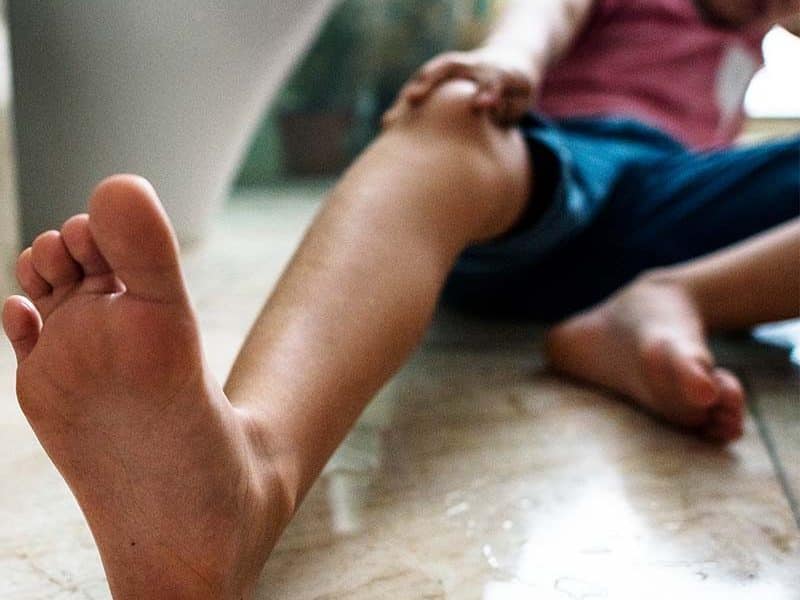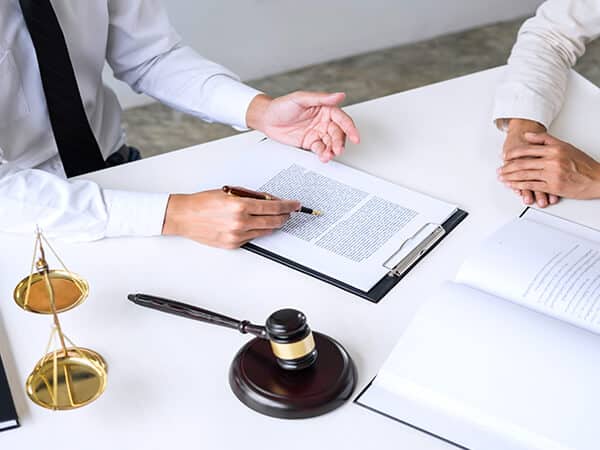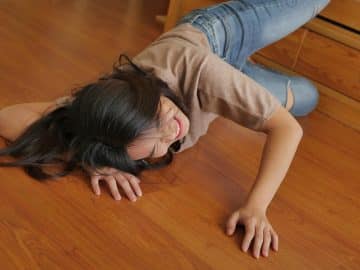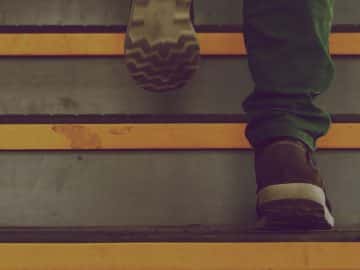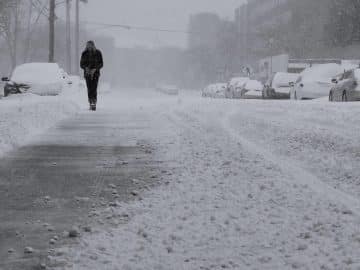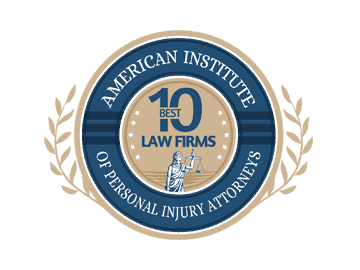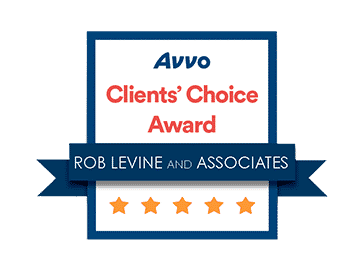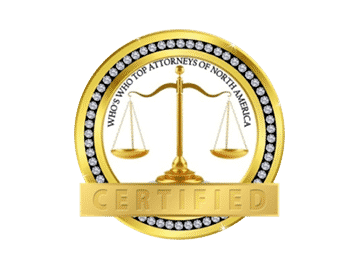THE SLIP AND FALL LAWYER
INJURED? CALL THE SLIP AND FALL ACCIDENT LAWYER NOW FOR A FREE CASE EVALUATION - NO FEES UNTIL YOU WIN
Over 800,000 patients a year are hospitalized because of a fall injury, most often because of a head injury or hip fracture. Every year, so many people in Providence, Fall River, Boston, New Haven, and Hartford suffer injuries when they slip and fall on someone else’s property. According to the National Floor Safety Institute, compensation and medical costs associated with employee slip and fall accidents account for approximately $70 billion each year. Injuries in a slip and fall are no laughing matter – they can include fractures, broken bones, head injuries, and even spinal injuries.
GET HELP NOW! THE HEAVY HITTER® IS HERE FOR YOU
CONTACT US NOW FOR ASSISTANCE 24/7. NO FEES UNTIL YOU WIN
Slip and Fall Victims Deserve The Heavy Hitter – Fighting Hard for You
Property owners have a responsibility to maintain safe premises. That means that the owner must ensure floors are clutter-free, staircases are well-maintained, walkways are well-illuminated, and take all other reasonable precautions to reduce the risk of a fall on their property. Failure to do so makes the owner of the property negligent.
For the owner to be liable in a slip and fall accident, we must prove negligence:
Duty – The owner owes a duty to anyone visiting the property to include tenants, guests of tenants, people making deliveries, visitors. The only time duty comes into question is if the injured person is a trespasser.
Breach – The owner owes a duty of reasonable care to the above-listed parties. We define this standard of care as the RPP (Reasonable Prudent Person) standard. This includes showing that the owner knew or should have known about the defective condition. To show the landlord knew about a defective condition means he had actual knowledge (ie. you told him that the handrail was broken or he observed that the snow was falling). Should have known about a defective condition means that the landlord has a duty to inspect his property and to ensure it is free from defects.
Once we show that the owner knew or should have known about the defective condition, we need to show that the owner had the opportunity to cure the defective condition before you were injured. The opportunity to cure once again comes down to the RPP standard. Was there enough time from when he learned of the defective condition to correct it before you were injured.
Damages – Proving that an owner is responsible, we need to show that there was a breach of his duty. The question then becomes how much does the owner need to pay you because of the breach. The amount you are entitled to is based on your damages. Your damages could include damage to your personal property or physical injury. The more serious your injuries, the more your case is worth.
Causation – Lastly, we must show a connection between the owner’s breach of his duty and your damages. Your damages must have been directly caused or be reasonably foreseeable to have come from the breach of the standard of care.
DOES USE OR OWNERSHIP EFFECT LIABILITY IN A SLIP & FALL?
In most locations, the definition of negligence applies equally to most places we visit in our daily lives. This includes:
- Personal residence
- Retail store
- Grocery store
- Restaurant
- Office building
- Public building
- Parking garage
However, the location where your slip & fall accident occurred may change how the law applies to your individual situation. Below are a few examples that you should be aware of which might affect the liability of the landlord in your slip and fall case.
Recreational Use Statute. If a landowner opens their property up for public use for the enjoyment of the land and does not charge a fee, the property owner cannot be held responsible under normal negligence standards if you are injured. This means, if you go to a public park, a bike path, or the beach, to use land that is open to the public and no fee is charged, and you are injured as a result of a defective condition on the property, you cannot sue the landowner under the theory of negligence.
In Rhode Island and Massachusetts, this applies to private landowners, municipalities, or the state. In Connecticut, this applies only to private landowners. The Supreme Court in Conway v. Wilton held that municipalities are not “owners” within the meaning of the recreational use statute. Therefore, the town and its employees cannot claim immunity under the statute.
The Shopkeeper’s Rule. This exception applies to slip & fall cases in Massachusetts and will improve your chances of finding a landlord negligent. This applies when you are visiting a self-service store. Self-service is defined as a store where items are displayed for sale on shelves, and in order to purchase or try an item, you are required to take it from the shelf yourself. The most common example would be a grocery store.
The change between a non-self-service store and a grocery store is proving a breach of duty. Under normal circumstances, the burden of proof rests with you, the injured party, to show that the landlord knew or should have known and had the opportunity to cure the defective condition. Under the Shopkeeper’s Rule, the burden of proof shifts to the landlord to prove that he took reasonable measures to keep the aisles free and clear from defect.
This rule clearly applies to a slip & fall condition when items were left on the floor, causing you to slip, fall, and become injured.
Trespassers. When defining the duty owed by a landlord to the invitee to the property, Rhode Island allows for an exception for trespassers. The landlord in Rhode Island can argue that he owes no duty to a trespasser on his property. Often, in other states, where the duty owed to the trespasser is reduced, there is still a clear and well-defined duty owed depending on the circumstances and the defect that caused the trespasser’s injury.
TALK TO AN EXPERIENCED SLIP AND FALL LAWYER
Apart from liability in a slip and fall accident claim, you may also face questions about whether you, by your own negligence, were partly responsible for your injuries. Often, the defendant, landlord, will ask questions related to what type of shoes you were wearing, were you in a rush to get somewhere, were you drinking that day, and what were you carrying. An experienced slip and fall lawyer will know how to handle these questions and know how to ensure that the property owner is held liable for the defect that caused your injury.
Contact attorney Rob Levine to discuss your claim today. We serve Providence, Boston, Fall River, New Haven, Hartford, and surrounding communities. Call to set up your free consultation so we can review the details of your case.


